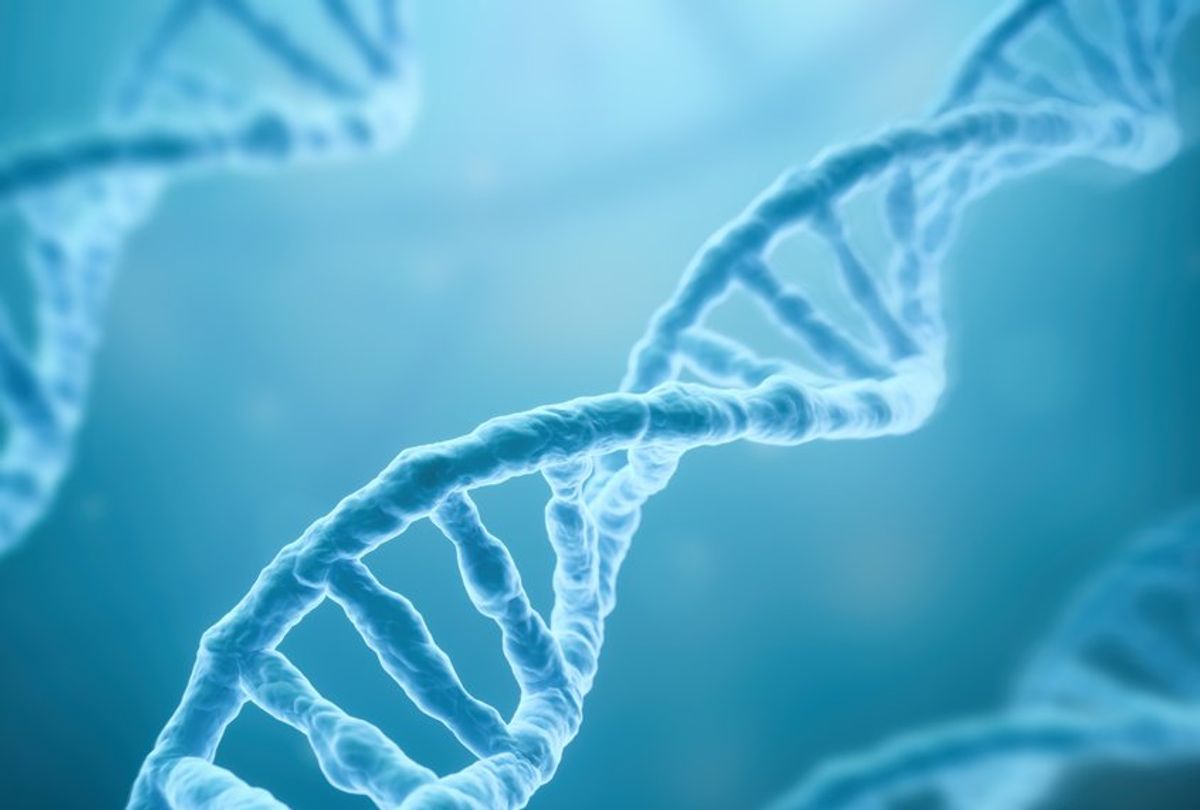The extent of privacy is becoming more and more questionable with the rise of DNA tests’ popularity. You must know that your testing company has access to all the critical DNA-related information of each member.
These companies might use your DNA test data for genetic research and even for identifying relatives. In any case, the test-taker should be given full control and authority over their DNA data.
How to Keep DNA Information Private
Are you having a big question in mind as to how to keep your DNA information private? Some people might even suggest you not to take the DNA test at all, but that’s not the solution. Taking a DNA test is very similar to signing up for a social media platform.
Besides, governments across various countries are adopting regulations for safe DNA test practices. Remember that the DNA test privacy policies can vary from one company to another.
Here are a few tips for DNA testing that every test-taker must follow to maintain privacy:
1. Always stick to a reputable company. Stick with big names that are open about their DNA testing process. However, it would be best if you also were mindful of their terms and conditions. Please go through the privacy policies of the company before enrolling with them.
2. If you want to maintain the privacy of your DNA tests, don’t give consent to research. Each company will have two consent checkboxes – one for collecting your DNA test authorization and the other for permission to research.
3. Make sure to update your e-mail id. It is because the company makes announcements from time to time about their updated terms and conditions.
4. You should also understand the DNA testing centers role in law enforcement. Most of the testing centers will automatically enroll you into law enforcement searches. You can even opt-out of DNA matching.
5. You can also guard access to your DNA data. It includes uploading test results to third-party sites and sharing logins.
6. You can also get in writing from the DNA testing center as a form of assurance.
Deleting Your DNA Data
Thankfully, all companies will offer you a way to delete your physical DNA data. If you wish to destroy those saliva samples or cheek swabs, you have to get in touch with the company. The process of deletion also depends on where you took your DNA test.
All companies also allow the test-takers to remove the data for their digital database as well permanently. For example, in 23andME, you can go to the account settings to delete the data.
You must know that once you remove the data both digitally and physically, there’s no way of going back. Make sure to weigh your options carefully before making a move. Another alternative to deleting is that you can remove the digital data file from the matching service.
Limitations to Deleting
Even if you remove the digital file to resist all future matching, a record of your DNA presence will still exist in the database. The DNA matches might also have taken a screenshot of the match with your DNA.
The Bottom Line
Thanks to the growing demand for DNA data privacy, companies are increasingly adopting safety measures. Test-takers must also take up concrete steps to secure their DNA data. Before you sign up for a DNA test kit, make sure you understand what you’re signing up for.
Also, think wisely before deleting your DNA data permanently. There is a better alternative available, which can meet your private demands. All in all, DNA test-takers don’t need to have hiccups before taking a test.

